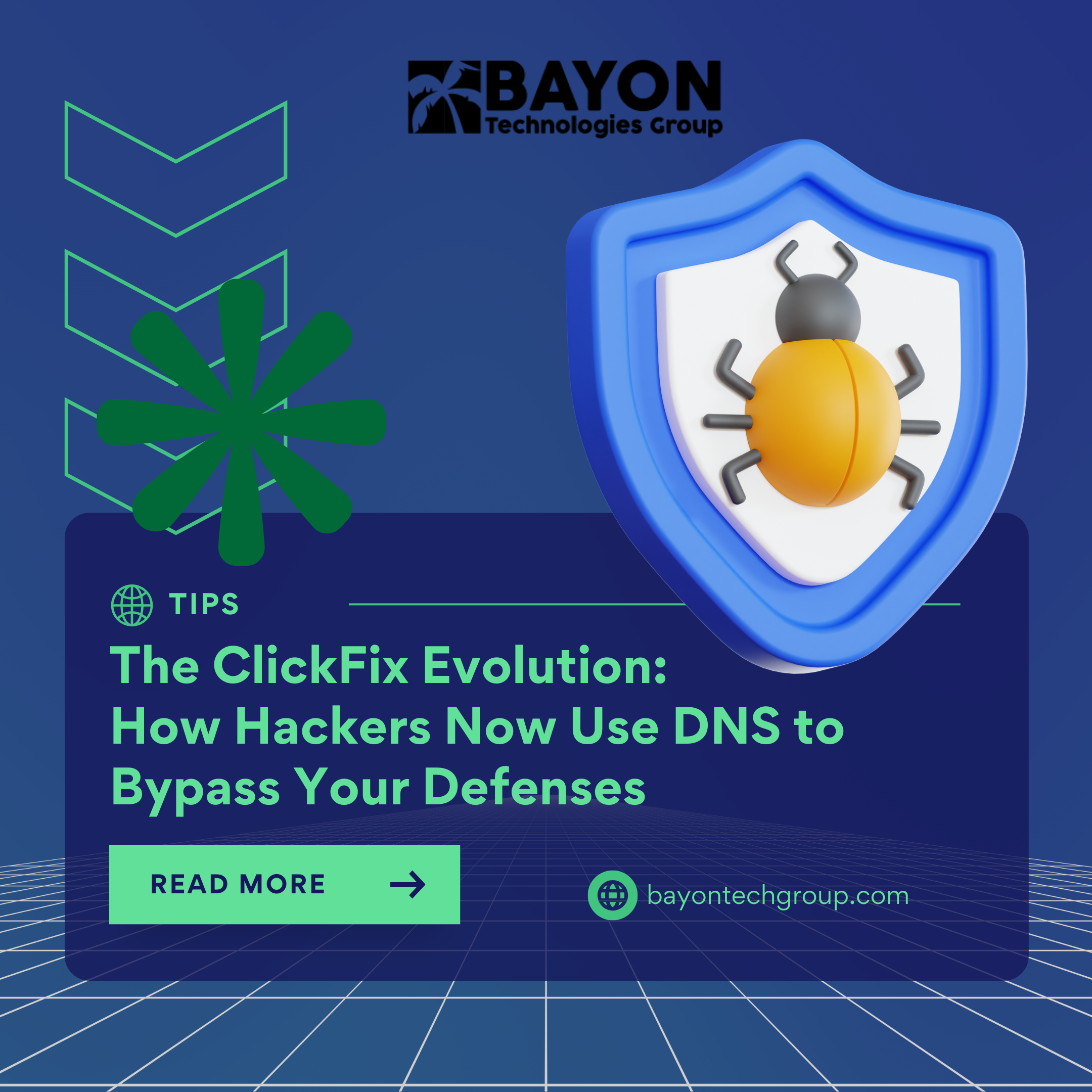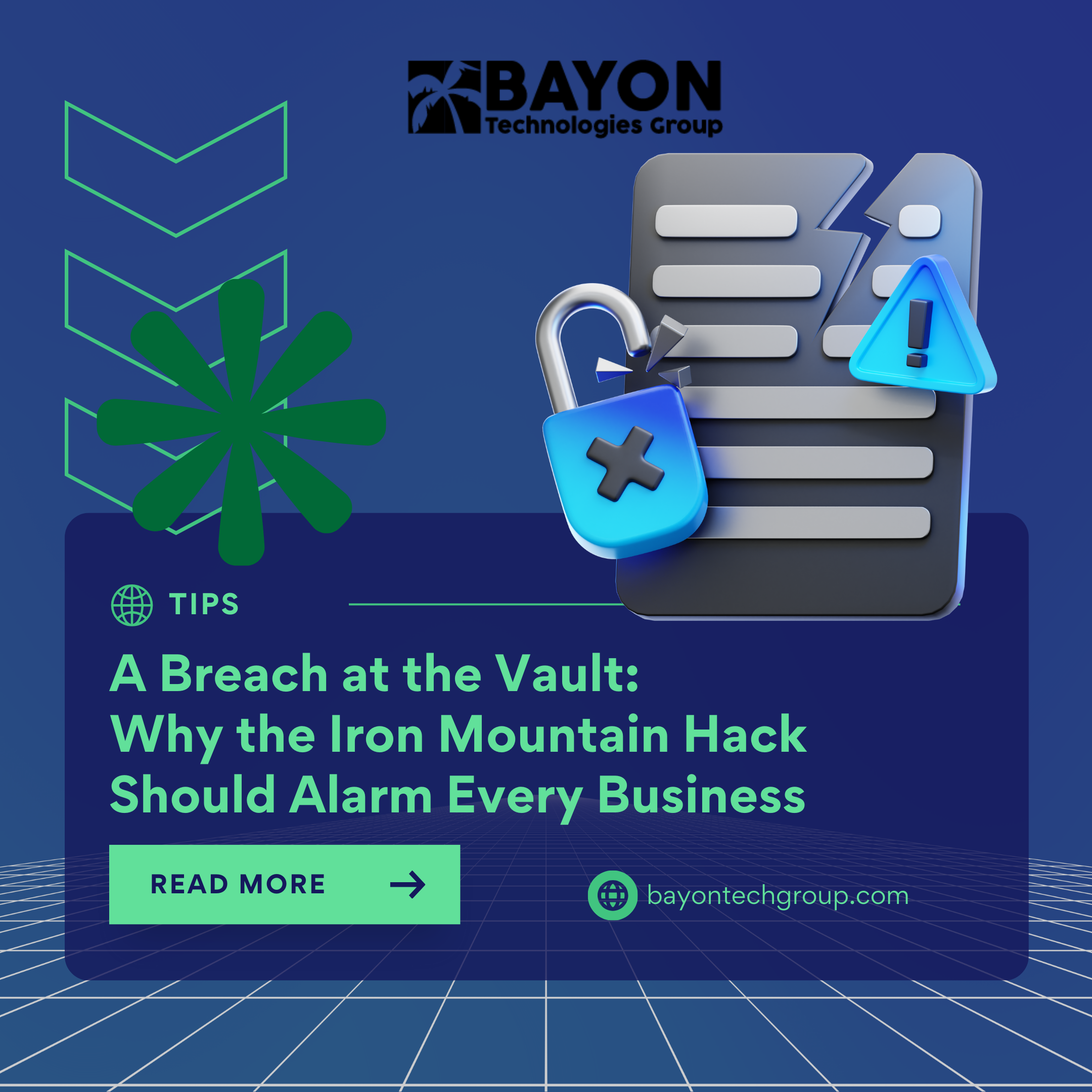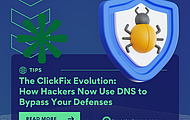Blog
-
 Feb 19th, 2026
Feb 19th, 2026The New Battlefield: How State Hackers Are Weaponizing Gemini AI
In the hands of state-sponsored hackers, artificial intelligence has evolved from a tool for defense to a weapon. The advanced persistent threat (APT) groups from North Korea, China, Iran, and other countries are aggressively incorporating generative AI models like Gemini into every stage of their cyber operations, from automated exploit ...
Read More -
 Feb 17th, 2026
Feb 17th, 2026The ClickFix Evolution: How Hackers Now Use DNS to Bypass Your Defenses
Cybercriminals are always improving their techniques, as evidenced by a recent version of the infamous ClickFix attack. Microsoft has revealed a more advanced form of this social engineering technique that now employs DNS lookups, a fundamental internet function, to distribute malware while evading detection by conventional security measures. Because ClickFix ...
Read More -
 Feb 13th, 2026
Feb 13th, 2026Urgent Apple Update: The "Extremely Sophisticated" Zero-Day Targeting Your iPhone
In order to address a recently identified zero-day vulnerability that is now being aggressively exploited in the wild, Apple has provided important security patches. This vulnerability, known as CVE-2026-20700, affects Apple's Dynamic Link Editor (dyld) and might let attackers with memory write access run arbitrary code on your ...
Read More -
 Feb 10th, 2026
Feb 10th, 2026When Trusted Tools Turn Toxic: The Notepad++ Supply Chain Attack
When it comes to cybersecurity, the most deadly threats often come from the sources we trust the most. Even necessary, commonplace software can turn into a weapon in the hands of skilled hackers, as demonstrated by a recent, sophisticated attack on the well-known text editor Notepad++. The program's update ...
Read More -
 Feb 6th, 2026
Feb 6th, 2026A Breach at the Vault: Why the Iron Mountain Hack Should Alarm Every Business
In the field of digital security, we typically talk about protecting our own networks. However, what happens if the stronghold you rely on to protect your most important data is under attack? That is the worrying situation that is developing as the infamous Everest ransomware group claims to have taken 1.4 ...
Read More







